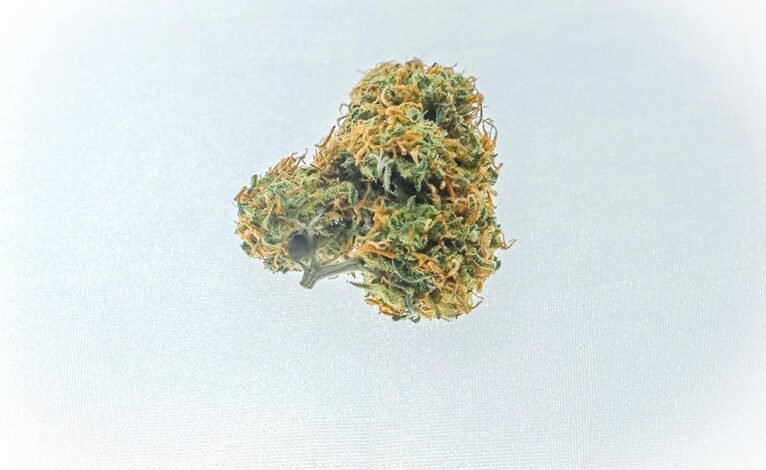Is Cbd Flower Legal

The legal status of CBD flower is complex and multifaceted. While federal law permits hemp-derived products with less than 0.3% THC, state regulations can differ significantly. Some states fully embrace CBD, while others impose strict restrictions or bans. This patchwork of laws creates uncertainty for consumers. Understanding the nuances of both federal and state laws is crucial for anyone considering the use of CBD flower. What implications might these regulations have for consumers and businesses alike?
Understanding CBD Flower and Its Composition
CBD flower, derived from the hemp plant, contains a complex array of cannabinoids, terpenes, and other phytochemicals.
Various CBD flower types exhibit distinct profiles, offering numerous CBD flower benefits such as potential relief from anxiety, inflammation, and pain.
This diversity allows consumers to select specific strains tailored to their individual needs, emphasizing the importance of understanding the composition and effects of different CBD flower varieties.
Federal Laws Regarding CBD Flower
The legal status of CBD flower in the United States is primarily governed by the 2018 Farm Bill, which legalized hemp-derived products containing less than 0.3% THC on a dry weight basis.
This legislation established a clear federal legality for hemp, defined as Cannabis sativa with minimal THC.
Consequently, CBD flower that meets these criteria is permissible under federal law, fostering broader acceptance and use.
State-Specific Regulations on CBD Flower
Navigating the landscape of state-specific regulations on CBD flower reveals a patchwork of laws that can vary significantly from one jurisdiction to another.
Some states have embraced CBD, while others impose strict limitations. Legal loopholes often exist, complicating the interpretation of state laws.
This inconsistency can create uncertainty for consumers seeking to understand their rights and responsibilities regarding CBD flower usage.
Purchasing and Using CBD Flower Legally
How can consumers ensure they are purchasing and using CBD flower legally in their respective states?
They should verify state regulations regarding THC content and legal sources.
Purchasing from reputable CBD flower sources guarantees compliance and access to quality products.
Understanding the potential CBD flower benefits, such as pain relief and anxiety reduction, further empowers consumers to make informed decisions in alignment with legal frameworks.
Conclusion
In conclusion, navigating the legality of CBD flower is akin to traversing a shifting landscape, where federal guidelines provide a foundation while state regulations carve distinct paths. Consumers must remain vigilant and informed, much like a skilled navigator charting a course through varying terrains. Understanding both the federal framework and local laws is crucial for ensuring compliance and a positive experience. By doing so, individuals can enjoy the benefits of CBD flower without the risk of legal complications.



